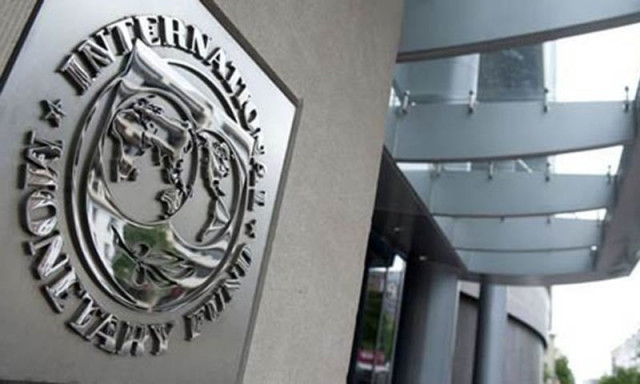Rhetoric and reality
Pakistan will eventually need to focus on improving export earnings and reducing tax evasion and avoidance

Pakistan will eventually need to focus on improving export earnings and reducing tax evasion and avoidance. PHOTO: AFP
The energy-related circular debt went up to Rs656 billion. As opposed to the practice of treating circular debt as a budgetary burden until 2013 and calculating the budgetary deficit figure with this burden included in the estimate, from 2014 onwards the Fund has allowed the government to remove this burden from the budget and park it in a holding company so as to enable the recipient to keep the budgetary deficit figure within the limits imposed by the Fund. Another amount of Rs622 billion borrowed from commercial banks for commodity operations is said to have been removed from the budgetary books for the same purpose. Given this, imagine what would happen if at just about this time, the world oil prices were to go up by, say just $10. So, it is not possible to agree fully with the optimism expressed by the senior IMF official. To completely escape the negative consequences of external shocks, Pakistan will eventually need to focus on improving export earnings and reducing tax evasion and avoidance.
Published in The Express Tribune, August 15th, 2016.
Like Opinion & Editorial on Facebook, follow @ETOpEd on Twitter to receive all updates on all our daily pieces.















COMMENTS
Comments are moderated and generally will be posted if they are on-topic and not abusive.
For more information, please see our Comments FAQ